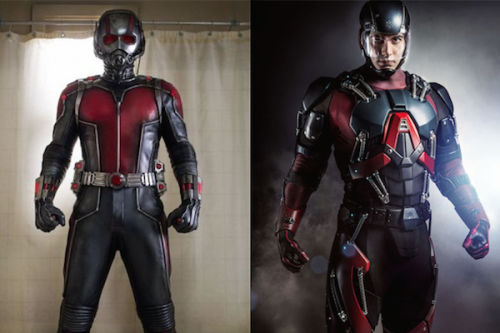
TIME MACHINE: BATTLE OF THE WILDERNESS
The U.S. Civil War conflict called the Battle of the Wilderness was fought between May 5-7, 1864. The battle marked the first conflict of Lieutenant-General Ulysses S. Grant's Virginia Overland Campaign during the spring of 1864.
Two months earlier, President Abraham Lincoln summoned Ulysses S. Grant from the Civil War's Western Theater to Washington D.C. and promoted him to Lieutenant-General and given command of all the Union armies. While Major-General William Tecumseh Sherman was left in command of all Union forces in the Western Theater, Grant made his headquarters with the Army of the Potomoc. However, Major-General George G. Meade remained in command of that particular army. Grant, President Lincoln and Secretary of War Edwin Stanton devised a strategy for coordinated attacks against General Robert E. Lee and the Confederacy's Army of Northern Virginia, and other Confederate forces in the Shenandoah Valley, Georgia and Mobile, Alabama. Grant's objective was not simply the Confederate capital of Richmond, Virginia; but the destruction of Lee's army.
Grant had hoped to quickly move the Union forces through the dense underbrush of the Wilderness Forest, located in both Spotsylvania and Orange Counties in Virginia, and toward Richmond. But Lee dispatched Lieutenant-General Richard S. Ewell's Second Corps and Lieutenant-General A.P. Hill's Third Corps to intercept Grant. On the morning of May 5, 1864; Major-General Gouverneur K. Warren and his V Corps attacked Ewell's corps on the Orange Turnpike. And later that afternoon, Major-General Winfield S. Hancock's II Corps and Brigadier-General George W. Getty's division within the Union's VI Corps encountered Hill's corps on the Orange Plank Road. The fighting proved to be fierce, confusing and eventually inconclusive, due to the combatants' difficulties in maneuvering through the dense forest.
When May 6 dawned the following morning, Hancock and his corps attacked all along the Plank Road, leaving Hill's men reeling back in confusion. Fortunately for Hill, the timely arrival of Lieutenant-General James Longstreet and his First Corps prevented the collapse of the Confederates' right flank. Longstreet ordered a surprise flanking attack from an unfinished railroad bed, which drove Hancock's men back to the Brock Road. Unfortunately, Longstreet lost the momentum, when his own men accidentally shot him. Brigadier-General John B. Gordon and his Second Corps launched an attack against the Union's right flank caused some chaos at the Union Army headquarters.
During Gordon's attack, rumors began to spread among Grant's generals that the Federal lines had actually attacked. One nervous officer exclaimed to Grant that Lee might throw the Confederate Army between the Union and the Rapidan River and cut Grant's headquarters off from its communications. General Grant lost his temper and made his famous response:"Oh, I am heartily tired of hearing about what Lee is going to do. Some of you always seem to think he is suddenly going to turn a double somersault, and land in our rear and on both of our flanks at the same time. Go back to your command, and try to think what we are going to do ourselves, instead of what Lee is going to do." The Union lines eventually stabilized and the fighting between the two armies ceased.
On the morning of May 7, 1864; General Grant and the Union Army found themselves faced with a strong Confederate presence behind some earthworks. Instead of ordering a frontal attack, Grant decided to maneuver his Army on a night march south on the Brock Road and around the Confederate Army. He had hoped to reach the crossroads at Spotsylvania Court House, place his army between the Confederates and Richmond, and force Lee to fight on ground more advantageous to him. Unfortunately for Grant, inadequate cavalry screening and bad luck allowed the Confederate Army to reach the crossroads before sufficient Union troops could arrive to contest it. Grant was forced to fight the bloody Spotsylvania Court House and ten more conflicts before he and the Union Army reached the outskirts of Richmond.
For more information on the Battle of the Wilderness, you can read the following books:
*"The Battle Of The Wilderness, May 5-6, 1864" by Gordon C. Rhea
*"Dark Close Wood The Wilderness, Ellwood and the Battle That Defined Both" by Chris Mackowski
*"The Greatest Civil War Battles: The Battle of the Wilderness" by Charles Rivers Editors













































